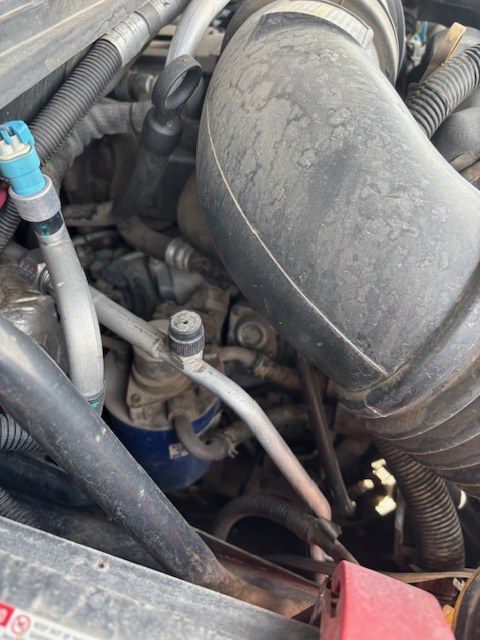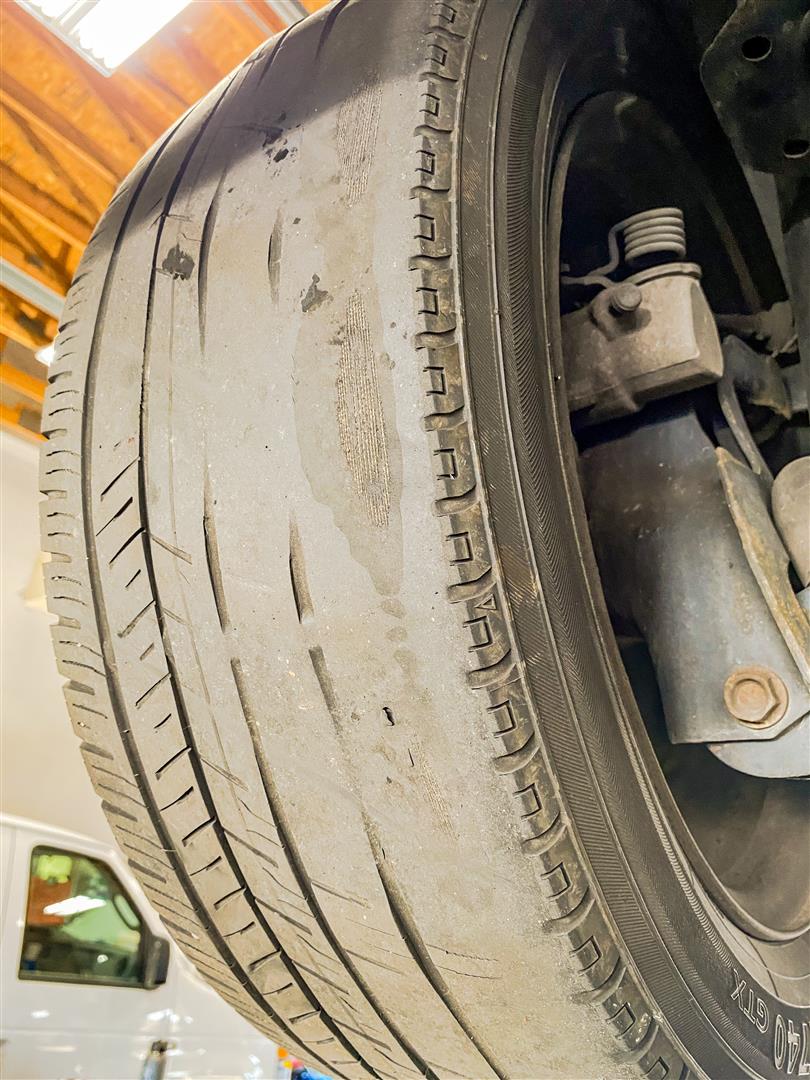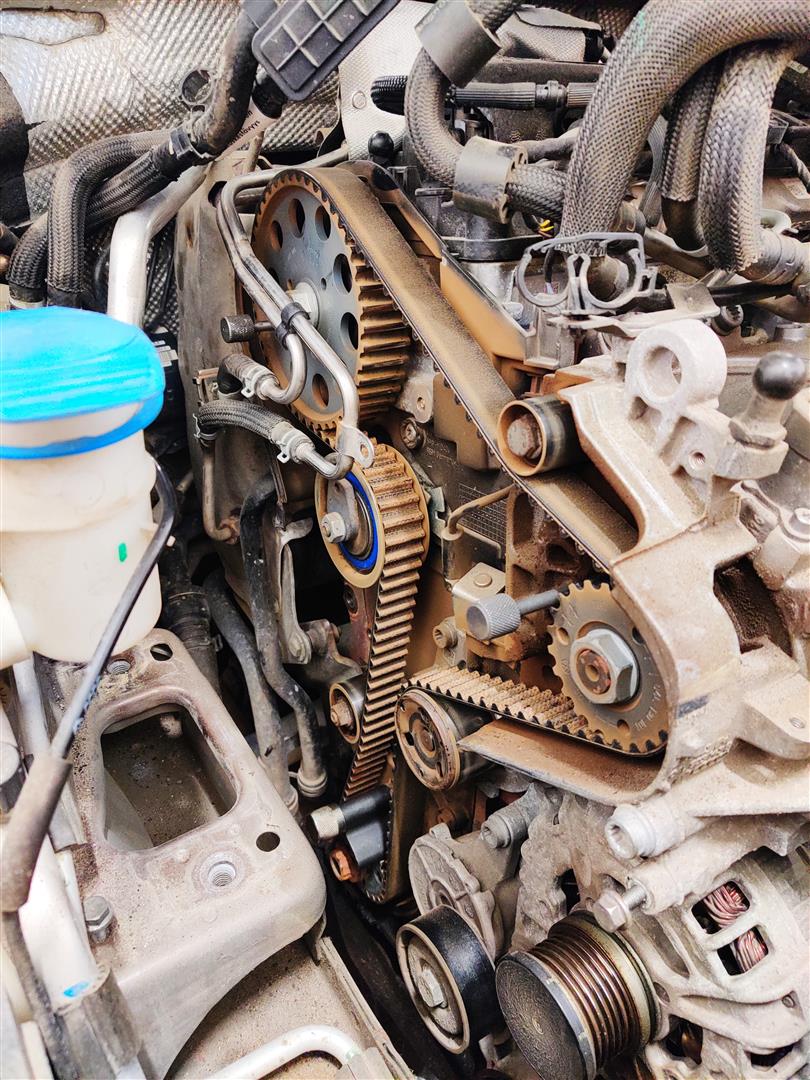Posted on 4/23/2025

If you own a 2015 Duramax diesel truck, you know it’s a powerhouse built for performance. But even the toughest engines need proper maintenance to stay reliable—and one of the most important, yet often overlooked, services is a fuel filter replacement. What Does the Fuel Filter Do? The fuel filter is a crucial component of your Duramax diesel engine. It removes contaminants like dirt, rust, and water from the fuel before it reaches the injectors. For a common rail diesel system like the one in the 2015 Duramax, keeping fuel clean is essential to protect high-pressure injectors and prevent expensive damage. How Often Should You Replace It? GM recommends replacing the fuel filter on a 2015 Duramax every 15,000 miles, or sooner if you notice symptoms like: Hard starts or rough idling Decreased fuel efficiency Poor accel ... read more
Posted on 4/16/2025
Your Honda’s engine is a finely tuned machine and keeping it running smoothly requires regular maintenance. One often-overlooked service that plays a vital role in engine performance and longevity is a valve adjustment. Honda vehicles typically Honda Pilots and Odyssey 2018 and older, especially models with mechanical (non-hydraulic) valve lifters, require periodic valve adjustments to maintain proper engine function. In this blog, we’ll explain what a valve adjustment is, the signs that your Honda may need one, and why this service is essential for your vehicle’s health. What Is a Valve Adjustment? A valve adjustment is a precise process where a technician adjusts the clearance between the valve stem and the rocker arm or camshaft. This gap is critical because it allows the valves to open and close properly, controlling the air-fuel mixture entering t ... read more
Posted on 4/9/2025
.jpg)
As winter fades and spring emerges, April brings not only warmer weather but also National Car Care Month—a timely reminder to ensure your vehicle is in top condition for the seasons ahead. Regular maintenance not only enhances safety but also extends the lifespan of your car and can prevent costly repairs down the line. Key Areas to Focus On During National Car Care Month:Tire Maintenance Your tires are the only point of contact between your vehicle and the road, making their upkeep crucial. Regularly inspect them for proper pressure, tread depth, and signs of wear or damage. Maintaining correct tire pressure ensures optimal fuel efficiency and handling. Additionally, scheduling annual wheel alignments can prevent uneven wear and prolong tire life. Oil Changes Engine oil lubricates moving parts, reduces friction, and helps keep the engine clean. Changing your vehicle's oil at recommended intervals is cru ... read more
Posted on 2/12/2025

Here in Spanish Fork, we’ve only had a handful of snowstorms this season, but does it feel like every storm creates a traffic nightmare? You’re not alone in thinking so! One possible reason is that we’ve had relatively mild winters the last few years, meaning many drivers have less experience handling snowy and icy roads. But beyond driving experience, vehicle maintenance plays a huge role in winter driving safety. Every day, we perform vehicle inspections and see areas where improvements can make a big difference in handling winter conditions. To help you stay safe in snow and traffic, here are the top safety items to check on your vehicle: 1. Tires – Your First Line of Defense ✔️ Check for adequate tread depth and even wear. Tires have a built-in wear bar indicator—once the tread reaches this level, it’s time for a replacement. ✔️ Ensure proper inflation. Cold temperatures can cause tire pressure ... read more
Posted on 1/14/2025

The timing belt is one of the most critical components in your Honda Odyssey’s engine. It synchronizes the rotation of the crankshaft and camshaft, ensuring the engine’s valves open and close at the right time. Over time, the timing belt can wear out or degrade, and if it fails, it can lead to severe engine damage. Here’s everything you need to know about replacing the timing belt in your Honda Odyssey. When Should You Replace the Timing Belt? Honda recommends replacing the timing belt in most Odyssey models every 60,000 to 100,000 miles, depending on the year and driving conditions. Check your owner’s manual for the specific maintenance schedule for your vehicle. Additionally, replace the timing belt sooner if: You notice cracking, fraying, or glazing on the belt. Most cases the timing belt is not visible with out removing the timing cover. You hear a ticking noise coming from the engine. Coolant leaking from the water pump ... read more